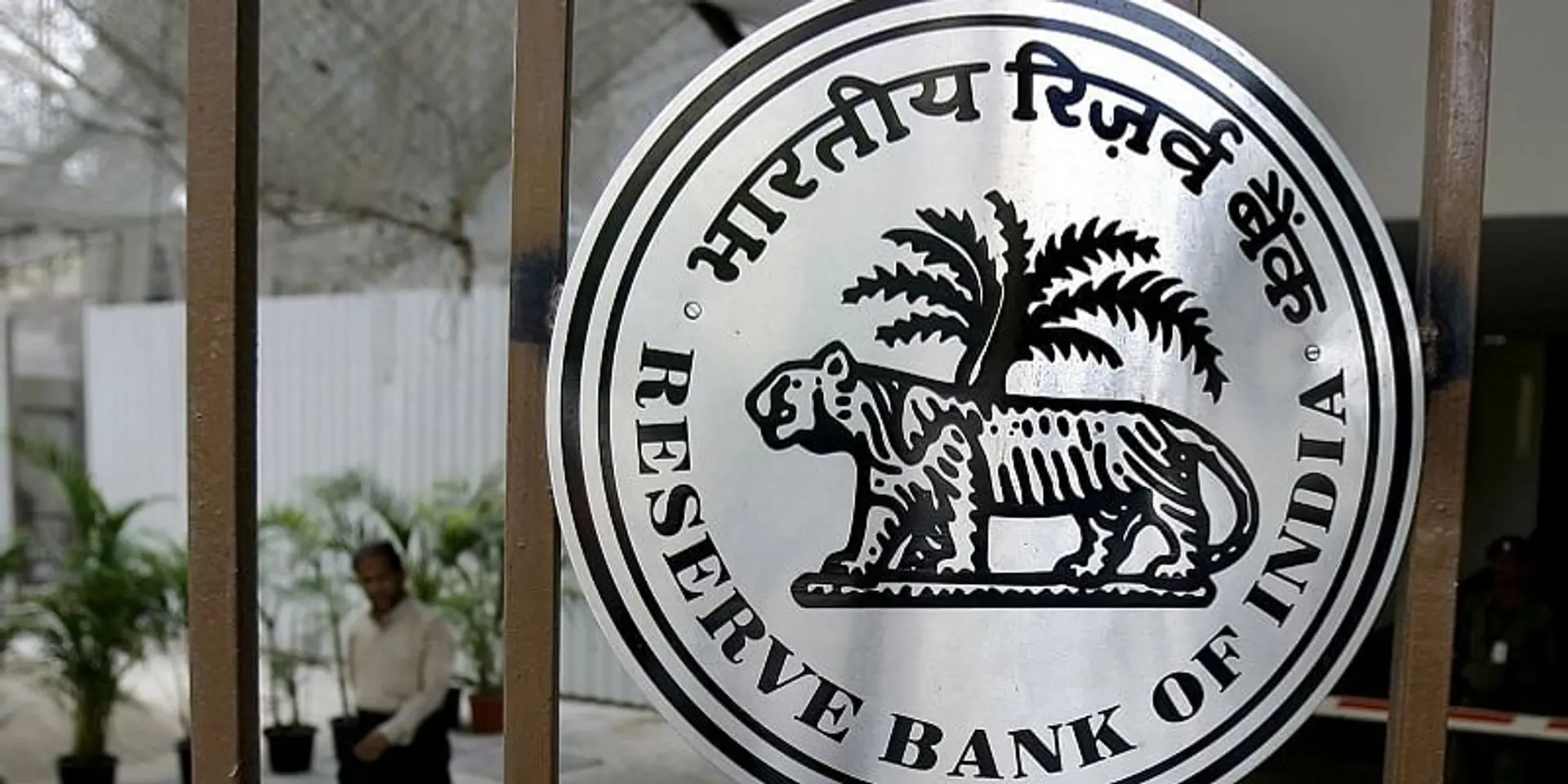RBI releases draft rules on AePS touchpoint operators to prevent frauds
Proposals focus on streamlining the process for onboarding of AePS touchpoint operators and on-going due diligence
The Reserve Bank of India (RBI) on Wednesday came out with draft rules on the due diligence to be carried out for Aadhaar-enabled Payment System (AePS) touchpoint operators by lenders, in order to prevent frauds.
The proposals focus on streamlining the process for onboarding of AePS touchpoint operators and on-going due diligence, as per an official statement on the central bank website.
RBI has proposed that acquiring a bank shall carry out due diligence of all AePS touchpoint operators onboarded by it and also carry out updation of KYC (Know Your Customer) in cases where an AePS touchpoint operator has not performed any financial transaction for a continuous period of six months.
It also asks the NPCI (National Payments Corporation of India) and acquiring banks to ensure that any AePS touchpoint operator is onboarded only by one acquiring bank.
On the ongoing due diligence front, it asks for transaction limits to be set for AePS touchpoint operators based on their risk profile and transactions by AePS to be consistent with their location of operation and risk profile.
The RBI, which has given time to the public till August 31 for comments, has said that banks and NPCI will be given a period of three months to comply with the directions from the date of issue.
Yahswant Lodha, the co-founder of Paynearby, welcomed the draft guidelines asking for "stringent agent onboarding checks".
"Re-KYC post inactivity and risk-profile-based limits are positive steps towards fraud control," Lodha added.
Meanwhile, the central bank also came up with a draft on alternative authentication mechanisms for digital payment transactions, following the announcement made by Governor Shaktikanta Das in February this year.
The framework will enable the payments ecosystem to leverage the technological advancements and implement alternative authentication mechanisms, the central bank said.
Edited by Megha Reddy







